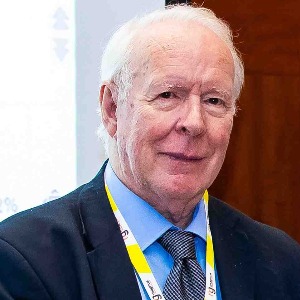Hypersensitivity and tooth decay
Hypersensitivity is a common dental condition characterized by pain or discomfort in response to stimuli that would normally not cause such sensations. It can be caused by a variety of factors including enamel erosion, dentinal exposure, and gum recession. It is most commonly experienced in the tooth's neck region, where the dentin is exposed and more vulnerable to external stimuli. Tooth decay, or caries, is another common dental condition that can contribute to tooth hypersensitivity. It is caused by the build-up of plaque, a sticky film of bacteria that forms on teeth, and the acids produced from the bacteria as it breaks down sugars in the mouth. When tooth decay occurs, the bacteria and acids can erode the enamel of the tooth, exposing the underlying dentin, which is more sensitive than the enamel. This can lead to hypersensitivity. Other risk factors for developing hypersensitivity include brushing too aggressively or using a hard-bristled toothbrush, the use of abrasive toothpastes, and the use of acidic substances such as citrus juices and carbonated drinks. To treat tooth hypersensitivity, it is important to diagnose and treat the underlying cause. If the cause is caries, it is important to remove the decay and fill the cavity. If the cause is enamel erosion or dentinal exposure, a dentist may recommend a desensitizing toothpaste or a fluoride gel. A dentist may also recommend a soft-bristled toothbrush and the use of a fluoridated mouthwash. In some cases, a dentist may recommend a restorative procedure such as bonding, veneers, or crowns to cover the exposed dentin. This can reduce sensitivity and improve the appearance of the tooth. In conclusion, hypersensitivity is a common dental condition that can be caused by a variety of factors, including tooth decay. It is important to diagnose and treat the underlying cause in order to reduce the sensitivity and improve the condition of the tooth.

David Geoffrey Gillam
Queen Mary University of London, United Kingdom
Christopher Turner
Spacemark Dental, United Kingdom




Title : Evaluating hygienist follow up for head and neck oncology patients in secondary care: Results from a two cycle audit
Peter Basta, Newcastle Dental Hospital, United Kingdom
Title : Atypical facial pain unravelled
Christopher Turner, Spacemark Dental, United Kingdom
Title : New treatment of temporomandibular disorder through muscle balance and muscle regeneration by activation of quiescent muscle stem cells( satellite cells) with mitochondrial dynamics
Ki Ji Lee, National Reserach Foundation & Busan Medical University, Korea, Republic of
Title : MRONJ and ORN: Referral or management in primary care? Navigating guidelines in the context of long waiting lists
Alisha Sagar, NHS England, United Kingdom
Title : Managing the unexpected: An Insight into supernumerary teeth
Bahar Gharooni Dowrani, Guy's and St Thomas' NHS Foundation Trust, United Kingdom
Title : Laxative prescribing for post operative head and neck cancer patients at Derriford Hospital
Pui Sze Kylie Li, Cardiff and Vale University Health Board, United Kingdom